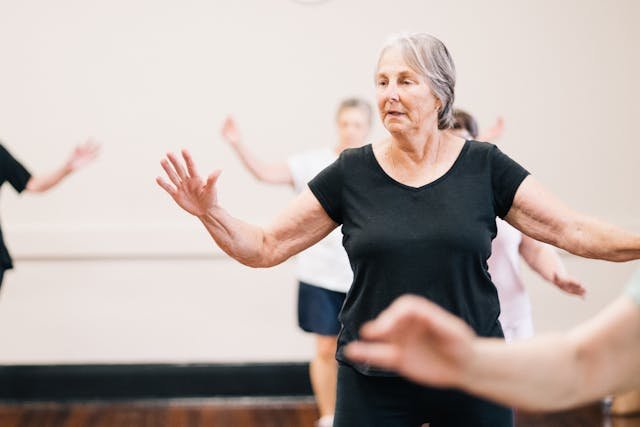As we age, we often face inevitable changes that can lead to social isolation and its associated health risks. Retirement, loss of a spouse, and changes in family dynamics can all contribute to feelings of loneliness and disconnection. However, it’s essential to recognize the importance of social connections for our overall well-being.
Research has shown that social isolation can lead to cognitive decline, chronic illness, depression, and even earlier mortality. Therefore, it’s crucial to address these issues and actively work towards rebuilding social connections. Here are some strategies to help combat social isolation in older adults:
- Start Small: Rebuilding social connections doesn’t have to be overwhelming. Start with manageable actions like weekly coffee dates with a neighbor or scheduled phone calls with family members. These small steps can provide the structure needed to re-engage socially.
- Explore Shared Interests: Joining community classes or groups that align with your interests can lead to natural connections with like-minded individuals. Community centers often offer workshops and activities specifically designed for older adults, providing a comfortable environment for social interaction.
- Embrace Technology: While face-to-face interactions are ideal, technology can also help bridge the gap. Video calls with family members, online groups, and virtual classes can all facilitate social connections, especially for those with mobility limitations.
- Volunteer: Contributing to the community through volunteering not only creates a sense of purpose but also fosters social connections. Whether it’s reading to children or assisting with local organizations, volunteering can be a rewarding way to engage with others.
- Support from Family and Caregivers: Family members and caregivers play a crucial role in supporting older adults in reconnecting socially. Regular contact, assistance with technology, and providing transportation to events can all help facilitate social participation.
- Consider Memory Care: For individuals with cognitive changes, specialized memory care facilities can provide structured environments that support social engagement. These facilities offer tailored activities and trained staff to ensure continuous connection despite memory challenges.
- Build a Sustainable Routine: Establishing regular social engagements, such as weekly classes or monthly meals, can help maintain connections over time. Use digital tools and shared planning apps to stay organized and ensure consistent social interactions.
By taking proactive steps to rebuild social connections, older adults can improve cognitive function, emotional well-being, and overall health. Whether through small gestures or volunteering opportunities, the journey back to social connection is essential for a fulfilling and enriching life. Remember, no one thrives in isolation, regardless of age or circumstances.


